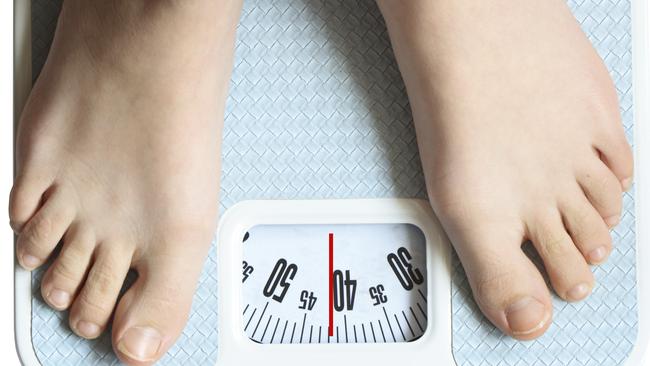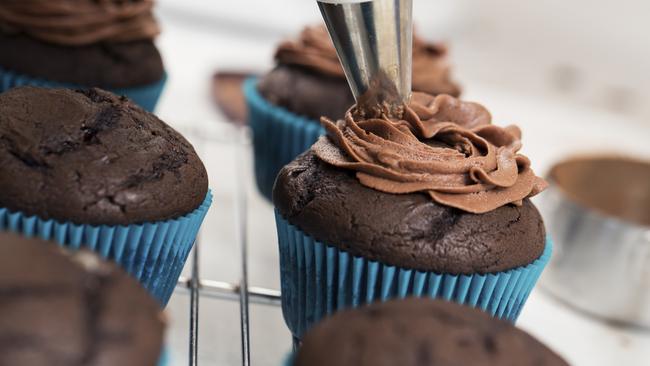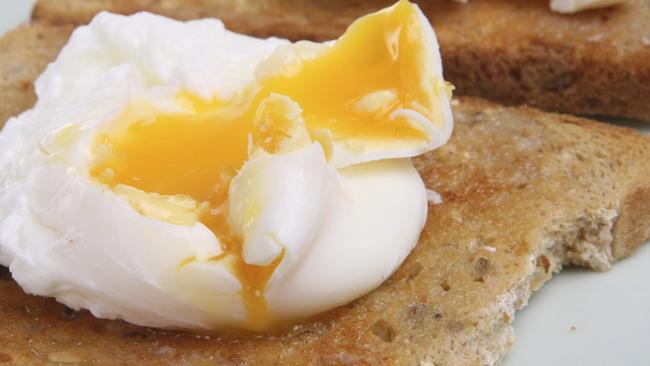Is this the reason you’re not losing weight?
IF YOU are finding that your weight does not correspond to the diet and exercise choices you make, then there may be another factor at play.

SOME of us know that we eat too much, or need to get to the gym more frequently to lose weight but then there are those of us who know that our weight does not correspond to the diet and exercise choices we make.
For some reason, even when we consume a calorie and carb controlled diet and exercise regularly, we still never seem to budge a kilo.
Whenever I see a client who comes to an appointment after battling weight issues for many years, and find that they are carrying 20-30 extra kilos, immediately I wonder if their insulin levels may be out of whack.
Insulin is the hormone that controls both glucose and fat metabolism in the body, and high levels over time can make weight loss very difficult.
Insulin resistance is a clinical condition in which insulin, the hormone secreted by the pancreas to control blood glucose levels in the body is no longer working as efficiently as it should. Over time, numerous factors including a diet high in processed carbohydrates, a relatively inactive lifestyle and often genetics, insulin becomes less and less efficient at processing the glucose we consume in carbohydrate based foods such as bread, cereals, fruit and sugars.
When insulin is not working properly, the body is forced to produce more and more insulin to process the same amount of glucose that we consume in food to fuel the muscles and the brain.
The unfortunate thing when it comes to weight control is that the higher the amount of insulin that you have circulating in the body, the harder it becomes to burn body fat. This means that if you have insulin resistance, you can be eating an extremely healthy diet, exercising as recommended and actually physically unable to lose weight.
In fact, as insulin is the central regulator of both glucose and fat metabolism in the body, when it is not working, the basic energy balance equation when it comes to weight loss, calories in versus calories out simply does not hold true.

The body may show signs of insulin resistance in a number of ways. As resistance builds up over many months if not years, these signs and symptoms can be subtle before becoming more noticeable over time. Fatigue is common as glucose is not being taken to the cells as efficiently as it should be. Sugar cravings are also common, as insulin and glucose levels fluctuate widely during the day.

Perhaps the most powerful sign that a degree of insulin resistance may be present is in the way that fat is deposited on the body. Insulin likes to deposit fat around the abdominal area, which is why women (and men) with severe insulin resistance have a large belly, and the reason that a waist measurement greater than 80cm for a female too may be a sign that insulin resistance is present.

From a lifestyle perspective, the irony of insulin resistance is that the standard low fat, high carbohydrate diet filled with wholegrains, fruit and low fat snacks may actually exacerbate insulin resistance and may even act to prevent weight loss.
While a high carb diet is ‘healthy’, highly processed carbohydrate rich foods result in a relatively high release of insulin. The more insulin we have circulating at any one time, the less likely it is we will burn body fat.
For this reason, those with insulin resistance require a high protein, moderate carbohydrate diet which eliminates as much processed carbohydrate from the diet as possible. This does not mean eliminating all carbs, rather working to combine both small amounts of carbohydrates with protein rich foods such as eggs, fish, meat, dairy or nuts at each meal and snack.
This ensures that the body has small amounts of carbohydrate at any one time, which in turn helps to regulate the release of insulin, while the proteins help to, keep you full and provide essential nutrients including the good fats, calcium and iron.
Ultimately insulin resistance is a clinical medical condition which needs to be diagnosed and managed accordingly. If you feel you may be insulin resistant, you need to see a GP with interest in the area or an endocrinologist to have it diagnosed via a Glucose Tolerance Test. The best diet long term to support weight loss with insulin resistance is a tight calorie controlled plan with moderate levels of carbohydrate and protein.

Sample high carb diet
Breakfast: Cereal and milk
Morning tea: Fruit
Lunch: Ham sandwich
Afternoon tea: Low fat muesli bar
Dinner: Tuna pasta
Dessert: Yoghurt and fruit
Sample insulin resistance diet
Breakfast: Egg on wholegrain toast
Morning tea: Cheese and crackers
Lunch: Tuna on crispbread
Afternoon tea: Nut bar
Dinner: Tuna steak and salad
Dessert: 20 grams dark chocolate




